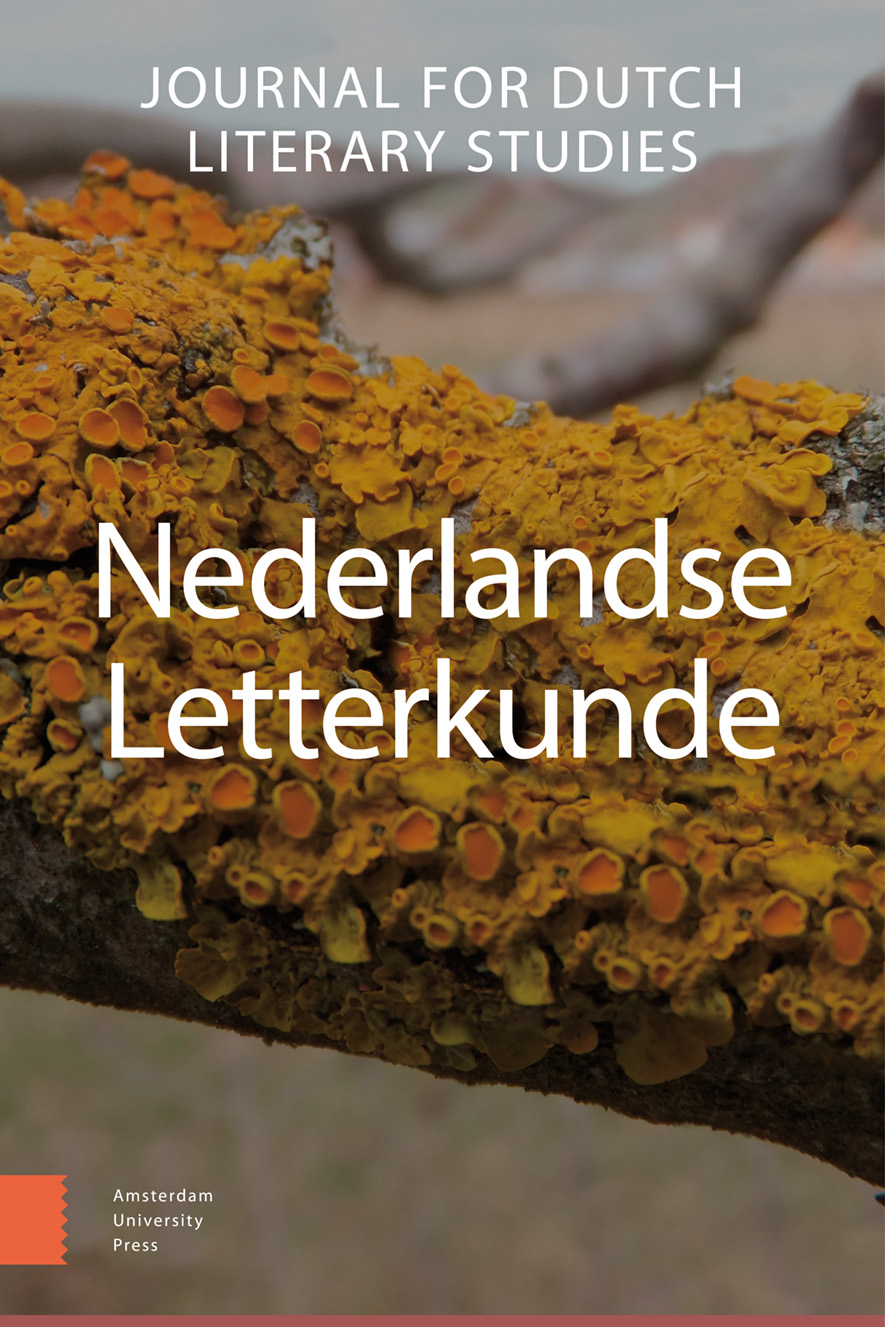-
oa Het prozagedicht in Vlaanderen en Nederland als model
Over genres en generaties
- Amsterdam University Press
- Source: Nederlandse Letterkunde, Volume 19, Issue 3, Dec 2014, p. 251 - 275
Abstract
The Prose Poem in Flanders and the Netherlands as a Model. On Genres and Generations
This article explores the ways in which the genre of the prose poem functioned as a model in Flemish and Dutch literature from the 1890’s to the 1920’s. Focusing on two cases – a prewar and a postwar one –, it is argued that the genre was reinterpreted by new literary generations and, infused with new elements, became a productive model for new texts. A first case study deals with Pol de Mont and Ellen Corr. The former modified the model as he borrowed it from the authors of the Eighties movement, and it subsequently became a productive model for an epigone like Corr. In a second case study, dealing with Herman Heijermans and Constant van Wessem, we show how the genre was modified again in the period following World War I, and was made to incorporate modern elements such as cinematic processes and a businesslike, objective form. Finally, these cases reveal that models go beyond the genre, since their evolution is often based on eye-catching features that are not necessarily essential to the definition of the genre per se.


